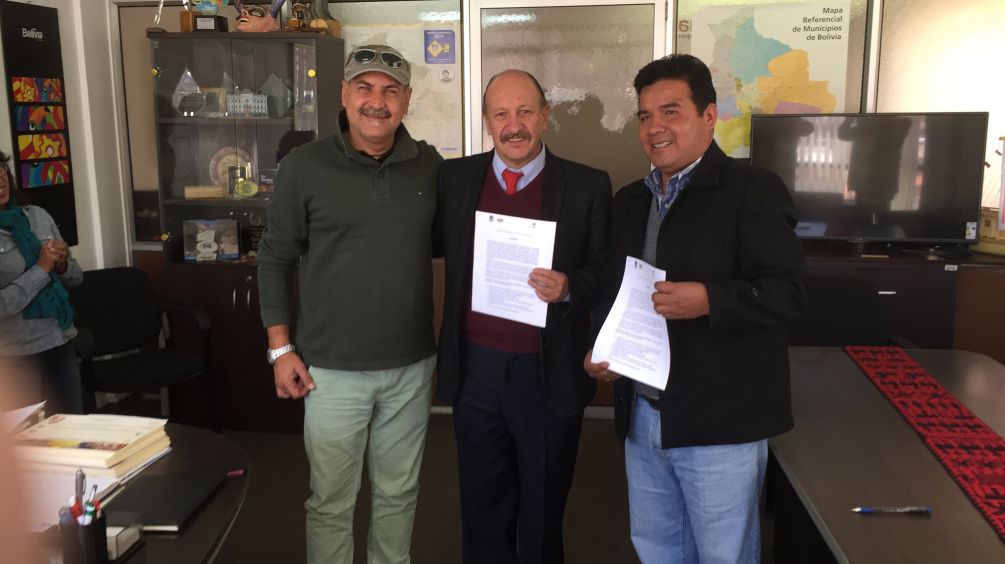On September 27, 2017 the letter of commitment between the Torotoro Autonomous Municipal Government and Biosphere Responsible Tourism was signed.


After the signature of the mayor Eliodoro Uriona Pardo, this letter of commitment is the first step for the destination Torotoro in order to become the first sustainable destination of Bolivia, and therefore, the first National Park of Bolivia certified in sustainable tourism. Because of this document, the Autonomous Municipal Government of Torotoro is committed to carrying out respectful actions with the environment for the development of its tourism activity, applying sustainable measures and encouraging the development of awareness campaigns that promote tourism more sustainable in the destination.
Torotoro is a municipality and a National Park in itself. Geographically it is a region of the province of Charcas, Bolivia, characterized mainly by being a mountainous area, with deep canyons and valleys that are very rich in nature. Specifically it is a place where are living a very varied fauna and more than 1000 different species of plants, including animals of the Andean and Western sector.
In addition, it has a particular wealth of fossils and dinosaur tracks, being a place of great importance for paleontological, archaeological and cultural findings. In the same way and despite being considered the smallest park in Bolivia, with an area of 166 km2, it has numerous caverns of great tourist and scientific interest, such as the Cavern of Umajalanta, the deepest in the country.
Signing this document is, for Torotoro, the first step towards a new model of tourism development based on the principles of sustainability, cultural diversity and social responsibility. After this signature, Torotoro engages in a series of strategies related to promoting international debate, developing awareness campaigns and local cooperation, promoting the exchange of knowledge and good practices in the tourism sector and including policies for the preservation and enhancement of heritage, among others. All of this suppose the principle of a certification that we hope will be the first of many in sustainable tourism in Bolivia.